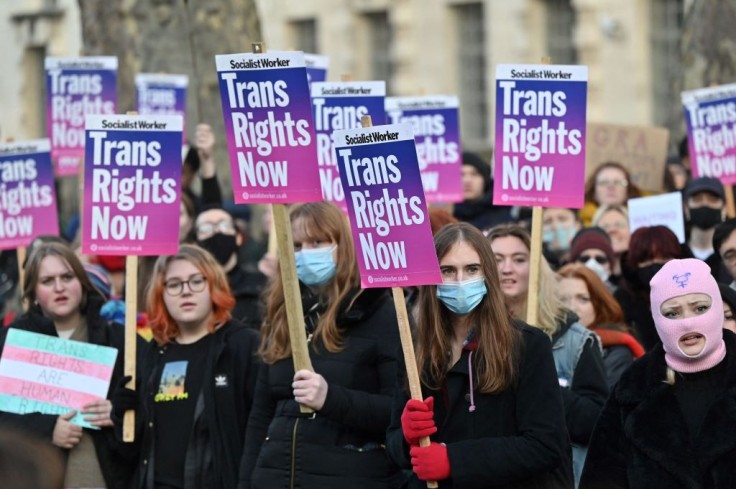
Child transgender cases in America have rapidly increased over the past five years.
Jamie Reed, 42, a whistleblower from St. Louis, revealed how medically horrifying some transitions could become for young teenagers.
Reed expressed her sentiments on how other medical practitioners and school administrators encourage life-altering body changes without informing their parents.
The whistleblower wanted to serve as America's wake-up call by exposing the dangerous side effects of letting young children transition.
Whistleblower reveals increase in child transgender cases
According to the New York Post, Jamie Reed, a former case manager at the Washington University Transgender Center at St. Louis Children's Hospital, has made shocking allegations about the rising number of youth, especially teenage girls, identifying as transgender.
Reed claimed that when she started at the center, she received ten calls a month from families with children declaring themselves transgender, but when she left, that number had risen to 50, with approximately 70 percent being girls.
According to Reed, sometimes clusters of girls arrive from the same high school, indicating a worrying contagion.
Reed said that the girls she saw had many comorbidities, including depression, anxiety, ADHD, eating disorders, and obesity.
Many were given a diagnosis of autism or exhibited symptoms consistent with autism. She also recounted medical scenarios related to drug effects, including a boy who was given a cancer drug as a puberty blocker and ended up with liver toxicity.
Reed added that she has seen ripped vaginal canals in young girls who are transitioning to a different gender, caused by testosterone enlarging the clitoris, which extends past the vulva and chafes painfully when rubbed against jeans.
The whistleblower emphasized the importance of leaving children alone and letting adults make their own choices.
The whistleblower also expressed her dismay at the unfair casting of other people by parents who disprove these ideologies and immediately label them transphobes.
Girls who display classic tomboy behaviors are told they're boys, and teens who feel uncomfortable in their changing bodies are told that they may have been born the wrong gender. Reed argued that this needs to stop.
Child transgender cases often ignores parental rights
The UCLA Williams Institute has estimated that approximately 1.6 million people aged 13 and older identify as transgender in the United States.
While many medical professionals, counselors, and school administrators in some areas have supported transgender youth, there are instances where this support has come at the expense of parental rights.
The New York Times has reported that schools have cited research showing that inclusive policies benefit all students, which is why some education experts recommend using students' preferred names and pronouns.
Educators have also stated that they feel obligated to affirm students' gender identities, especially in cases where students don't feel safe coming out at home.
However, there have been instances where dozens of parents whose children have socially transitioned at school have felt marginalized by educators who seem to believe they know what is best for their children.
Some parents have argued that educators should not intervene without notifying them unless there is evidence of physical abuse in the home.
While some parents do not want their children to transition, others have said that they are open to the idea but feel that the process has moved too quickly in schools and that they have been shut out or labeled as having an unsafe home if they raise concerns.
This issue has created tension between parents and educators, with both sides wanting to do what they feel is best for children.
However, the balance between respecting the rights and wishes of parents and affirming the identities of transgender children remains a complex and ongoing issue.
